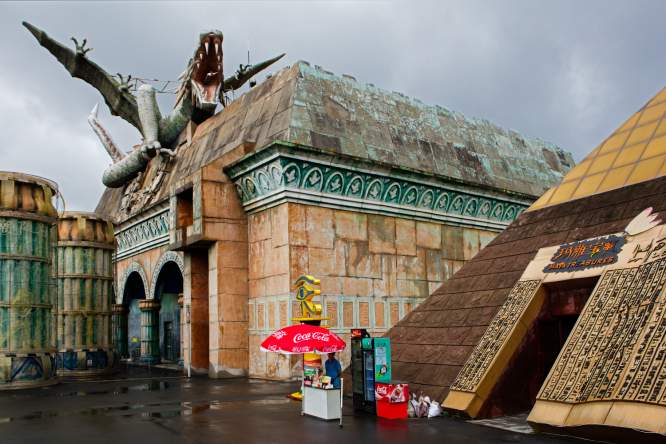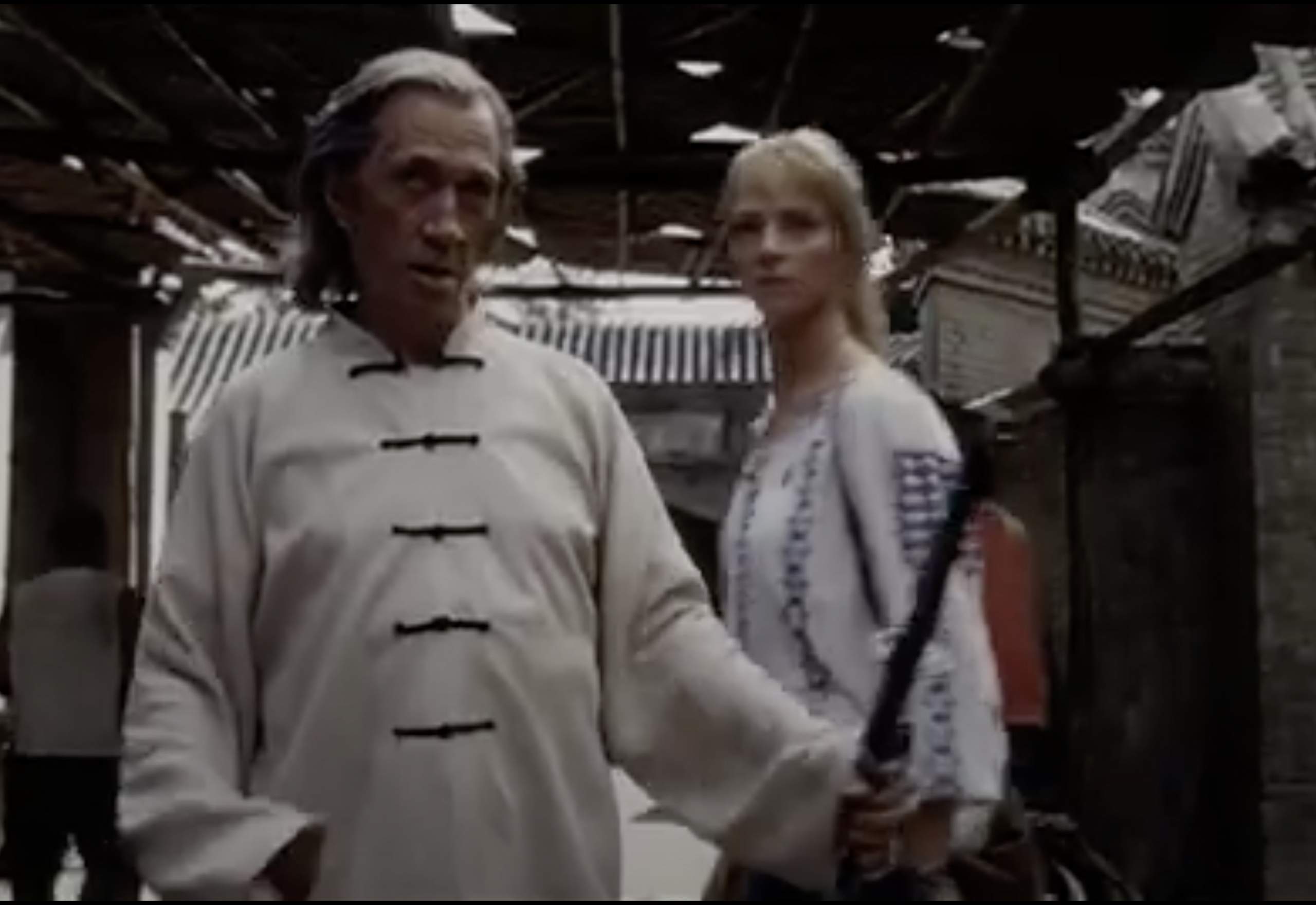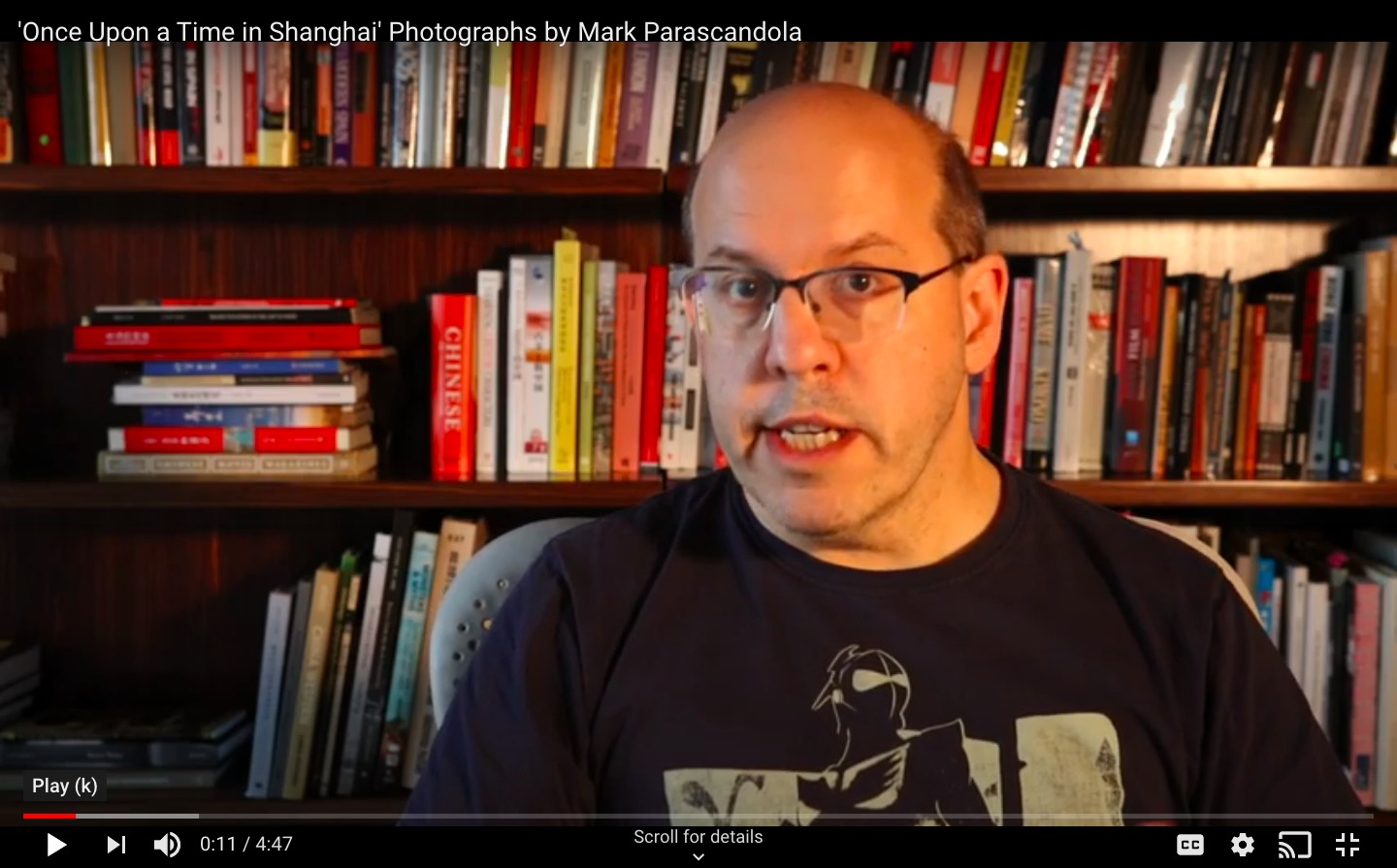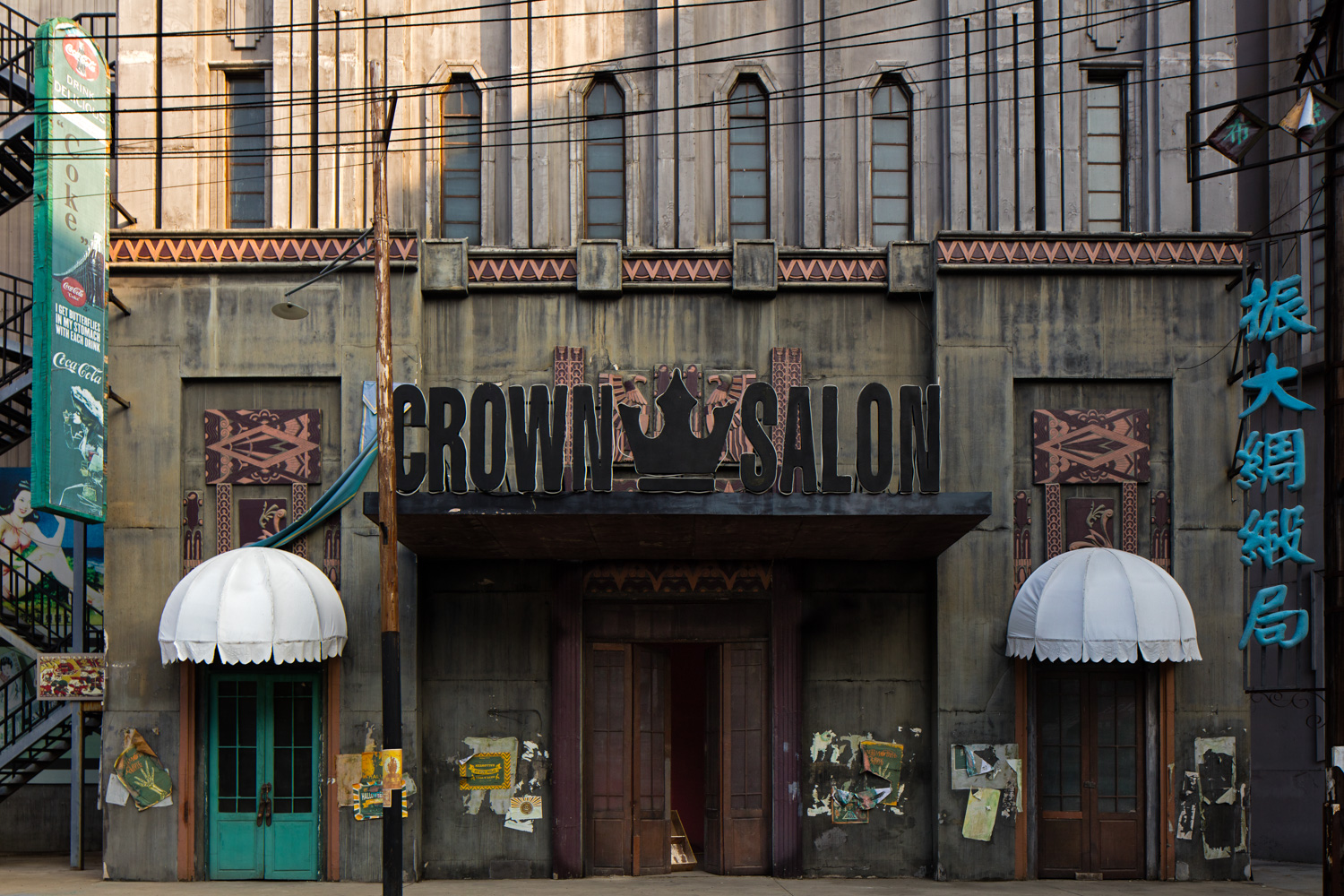Changchun Film Studio
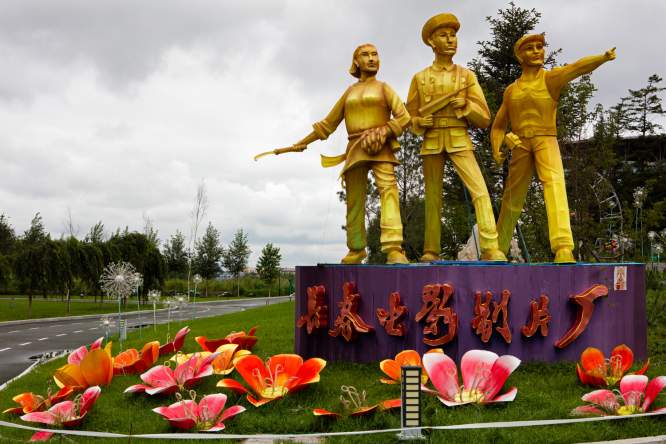
The Changchun Film Studio was the first official state-run film studio recognized in the People’s Republic of China. It was created through merging multiple existing film production facilities and, in 1955, was given a permanent home in Changchun. For several decades, the studio occupied a cluster of buildings which had been constructed under the Japanese occupation to imitate the German Ufa Film Studio.
The studio reportedly produced over 1000 feature films over the years. The film Bridge was made here in 1949, the PRC’s first feature film, which told the story of a worker who inspires his comrades to finish a railroad bridge on schedule despite the skepticism of the engineer overseeing the project. The studio became known for its state-produced propaganda films of the 1950s.
The White Haired Girl (1950): based on a folk story, peasant girl Xi’er is enslaved and raped by her family’s landlord. She manages to escape to the mountains, finding refuge in a cave. By the time her fiancé returns to town with the victorious Eighth Route Army and finds her, her hair has grown long and turned white.
Daughter of the Party (1958): three young women put aside their personal differences to establish a Communist party cell.
Five Golden Flowers (1959): a romantic musical set in Yunnan province, a couple meet at a festival and agree to see each other again the following year. The boy only knows the girl’s first name, Jinhua, so must scour the countryside looking for her. He encounters four other women with the same name, Jinhua, before he finally finds the right one. The characters are members of the Bai ethnic minority, wearing colorful costumes and fond of singing and dancing, but the film also portrays them embracing Chinese Communist values.
With the commercialization of the Chinese film industry in the 1990s, state-run studios like Changchun suffered. After years of losing money, the studio was restructured and converted to a private corporation in 2000. This change reduced the emphasis on film production as the company focused more on film distribution and movie theme parks. Changchun is no longer as influential as a film production site. But the long-running Changchun Film Festival and a film-oriented theme park, Changchun Movie Wonderland, continue to draw visitors. The old film studio site is now a museum to the studio’s history.
